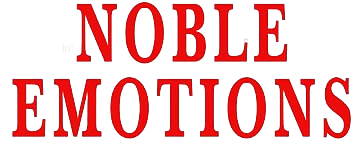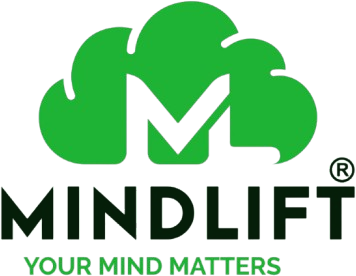Letting Go of the Unspoken Burden:
A woman came to me for a counseling session, overwhelmed with pain, blaming, and backbiting. She was deeply hurt by her husband’s decision to marry a wealthy widow, and although she had initially accepted it, the judgment of others filled her with resentment and self-doubt. She saw herself as a victim, carrying unnecessary guilt and responsibility—an unrealistic and self-defeating mindset.
I paused and asked her, “Do you want to prove yourself right, or do you want your health back?”
She remained silent for a moment, then sighed and whispered, “I want my health back.”
I gently reminded her that marriage is a sacred (pure) relationship, not an act of womanizing. Her husband’s second marriage was not a betrayal but a lawful decision, and even if he married a wealthy woman, he took a step that aligned with his life choices.
The Paralyzing Weight of Blame:
Blame is a burden. When you are in a state of blame—whether blaming yourself or putting the weight on others—you lose self-control and surrender your power of decision-making to others for judgment. This leaves your brain in the middle of nowhere, stuck between the past and the future, unable to act in the present.
“Blaming him will only hurt you,” I told her. “When you blame or curse someone, you surrender your own energy of decision-making. You become indecisive, start living in the past, and lose alignment with your future, leading to a negative mindset.”
Embracing Reality: The Path to Inner Peace
The solution is not in your opinion but in accepting reality. The reality of your life was fixed at the moment when your spirit was infused into clay (matter) by the Supreme Power. Your disturbance is not due to his second marriage, but rather due to your non-acceptance of reality and the religious and moral obligations that come with it.
Your body only accepts truth and reality. However, in your case, you are unable to communicate a reality-based message to your body. This misalignment between your mind and body has resulted in psychological and emotional distress.
I explained that blame prevents the conscious mind from functioning at its best. It weakens the ability to act, make decisions, and move forward. The conscious mind can focus on only one decision at a time, and by blaming, she was handing over her judgment to others—placing herself in a state of waiting and stagnation. This not only affected her emotions but also harmed her mental and muscular health.
I encouraged her: “Stop blaming and start acknowledging, accepting, and embracing reality.” Releasing blame would help remove unnecessary mental rigidity, relax her body, and align her with better future prospects. She needed to reclaim her emotional balance and shift her focus from resentment to inner peace.
By the end of the session, she felt lighter, realizing that acceptance is not surrender—it is empowerment.





